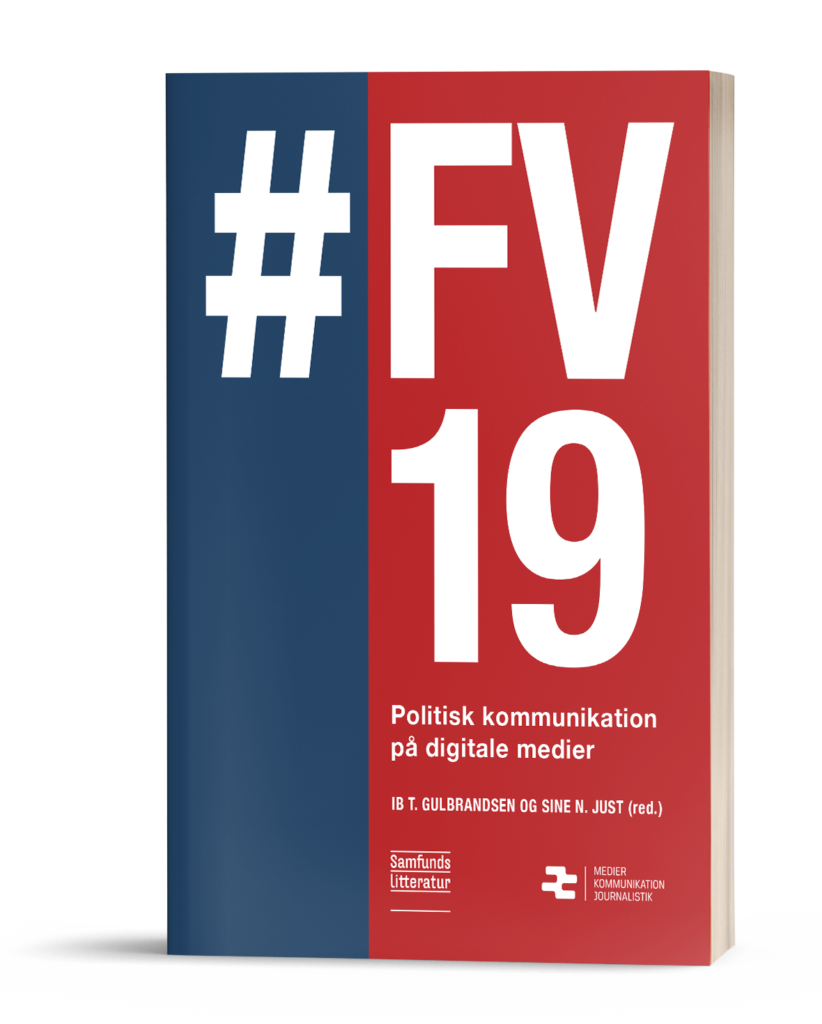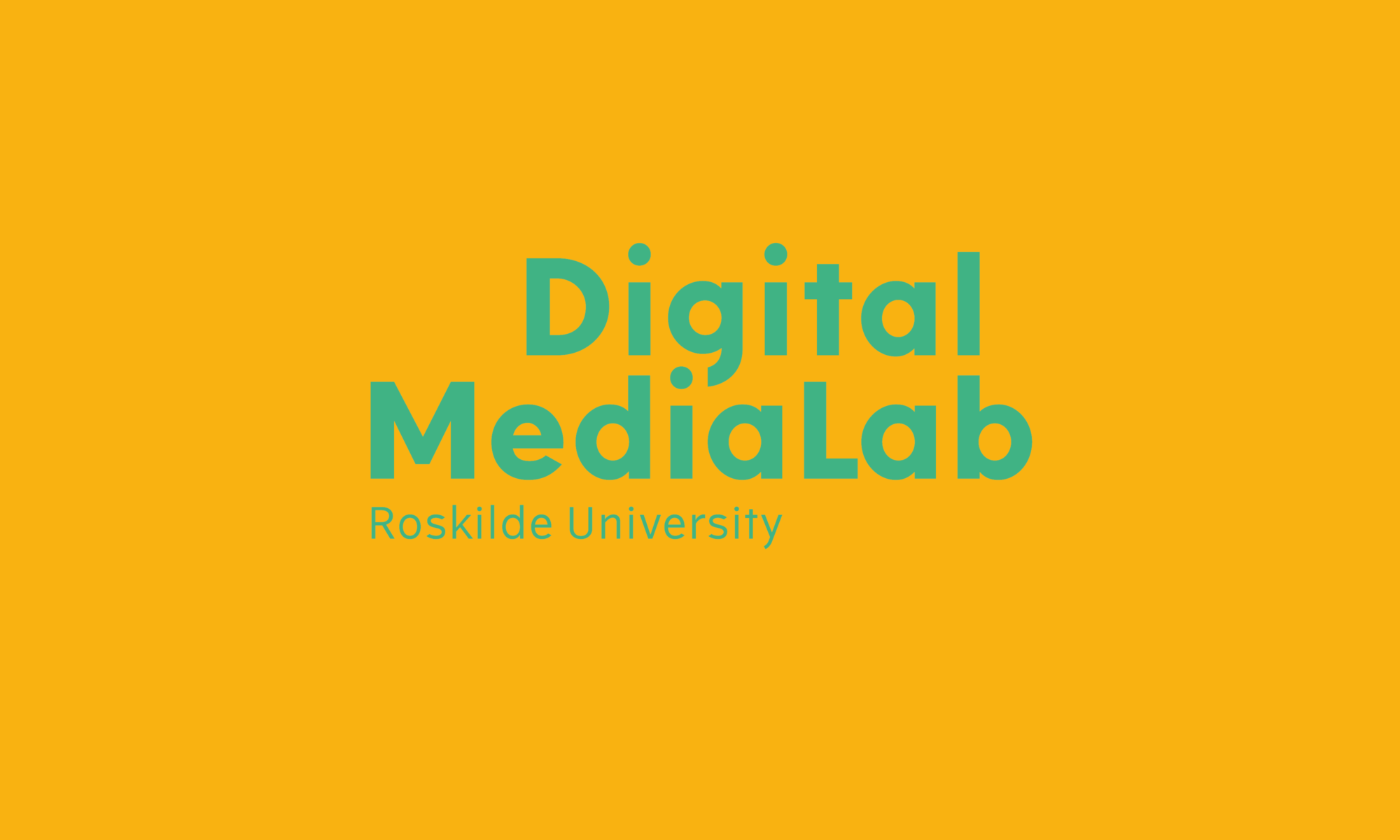Release / Friday, October 2 @ a (digital) book store near you
Political communication on digital media

Just in time for the opening of Folketinget: New book (in Danish) on the consequences of digitalisation for political communication.
#FV19. Politisk kommunikation på digitale medier has been edited by Ib T. Gulbrandsen & Sine N. Just, and includes contributions from several members of DigitalMediaLab: Mads Kæmsgaard Eberholst, Eva Mayerhöffer, Sander Andreas Schwartz, Jannie Møller Hartley and Mark Blach-Ørsten.
For more information (in Danish), click here.
Talk / Wednesday, October 21 @ RUC & online: 12.15-13.45
Tracking Instagram & Facebook
Collecting data via social media APIs has been a fairly difficult process for years. BUT, as of recent, Facebook has launched several initiatives aimed at affording researchers easier access to their data. And during this talk, we will introduce you to one of them: Crowdtangle.
Crowdtangle is an officially supported platform that grants researchers at universities and members of ‘democratic institutions’ (e.g. journalists) access to track, monitor, analyse and download digital traces from public pages, groups and profiles on Instagram, Facebook and Reddit. Sander Andreas Schwartz from DigitalMediaLab has had access since May (2020) and will beyond presenting the ins and outs of the platform, also share his experience with using it for research (including its key limitations).
Please sign up by sending us an email: digitalmedialab@ruc.dk
Talk / Wednesday, November 11 @ RUC & online: 12.15-13.45
Analysing (big) text data
With his current PhD-project as the onset, Daniel Bach will give a demonstration of how semantic network analysis through CorText and semi-automated coding in DiscoverText can be used to provide (supplementary) close and distant reading perspectives on text data.
Using data scraped from 4chan, the presentation aims at demonstrating how different tools can be employed for the analysis of large text corpora, and as such serve as an inspiration for participants to work with these kinds of data themselves.
Please sign up by sending us an email: digitalmedialab@ruc.dk
Workshop / Tuesday, December 1 @ RUC: 09.00-15.00
Harvesting Twitter
Social media platforms, such as Twitter, contain large amounts of data on peoples’ communication, behaviour, sentiment and social networks. As such, they constitute an interesting arena for research within sociology, journalism, political science, cultural studies, communication etc. But how to harvest and analyse the data?
In collaboration with the EAE, DigitalMediaLab offers a workshop for academic staff with little or no prior experience with data collection and analysis of Twitter data. During the workshop we will explore how the data collection process works technically and how to begin search queries via the lab’s servers. In particular, we will explore how to do various types of analysis using Twitter Capture and Analysis Toolset (TCAT) and visualizations using Gephi.
For more information and registration, click here.
Talk / Wednesday, December 9 @ a digital platform: 16.30-18.30
Understanding algorithms
What are algorithms and how do they affect communicative processes?
For her first DigitalMediaLab presentation since becoming Associate Professor at DCA, Martina Skrubbeltrang Mahnke will discuss how algorithms affect communicative processes. She will do so by presenting some of her current research regarding digital health communities and university-industry collaborations, as well as some of her future research plans, in particular the interest in developing unsupervised machine-learning algorithms that can trace health debates online.
Please sign up by sending us an email: digitalmedialab@ruc.dk
